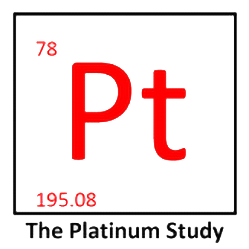In our preliminary research, we collected information about participants' health, with a short list of questions, some basic measurements like blood pressure, a blood sample to be used only for research purposes, and a hearing test.
The baseline results from audiometric testing surprised us:
- 80 percent of the patients had hearing loss with one in five classified as severe to profound, levels at which hearing aids are recommended
- 56 percent of patients had nerve damage called neuropathy
- 40 percent had tinnitus or permanent ringing in their ears
We found that a mutation in a specific gene was related to hearing loss and this showed a significant interaction with cisplatin dose, thus having potential clinical impact to predict susceptibility.
In addition, we found that 38 percent of the survivors at a young median age of 37 years already had more than three adverse health outcomes. These included everything from hypertension to diabetes to cardiovascular disease and more.
This is concerning since these men are young at diagnosis, have an overall 97 percent five-year survival rate, and could live upwards of 50 years or more.
 The American Society of Clinical Oncologists rates cisplatin among its top five cancer research breakthroughs.
The American Society of Clinical Oncologists rates cisplatin among its top five cancer research breakthroughs. 




